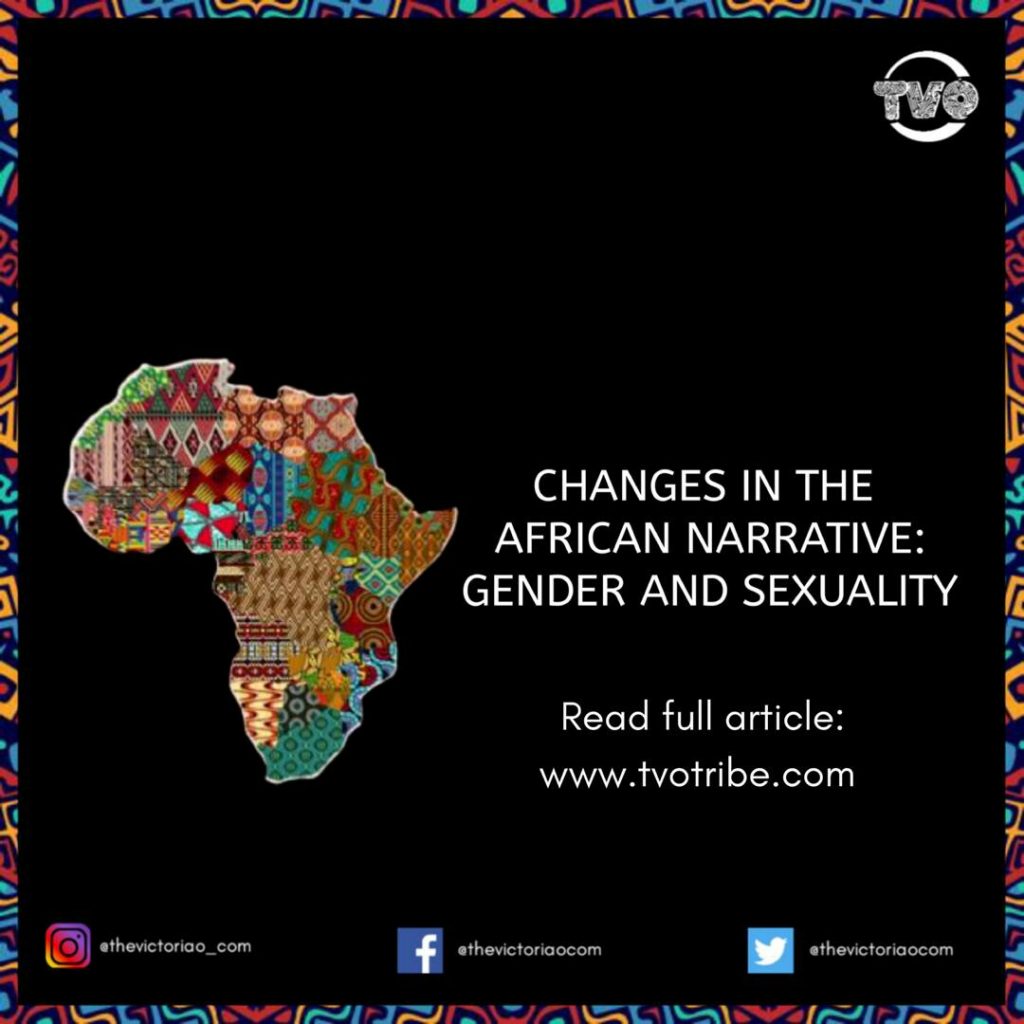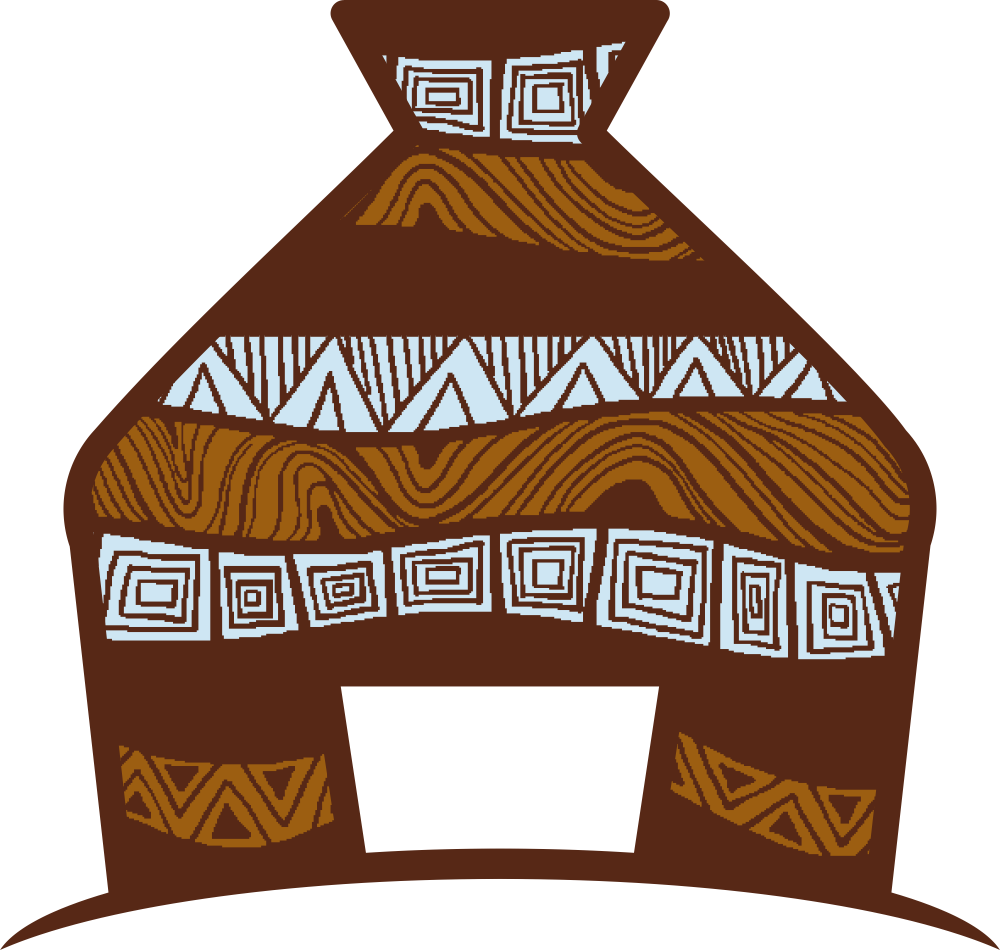by Peace Osemwengie

Before Flora Nwapa wrote Efuru in 1966, there were no books in African literature that reflected the woman as a force to be reckoned with. In the books that were written before that time, the woman was the one saddled with the duty of bearing children, nursing them, and telling them their ultimate duty: to never risk the displeasure of their father. It was the woman that was being punished for her ills in her previous life, so she could not give birth to children in the present. It was the woman that was the bad egg, a bad wife was equal to poison. A woman was useless if she did not center her life around her husband. She was forbidden, as though it were a grievous sin, to resist his efforts to getting more children to secure his lineage, her job was to keep quiet and herd the other women around. She was to be grateful if her husband came into her hut at all, and be content if he bothered to show up once a week. Her menstrual cycle was a taboo subject, much like in the bible, she’d bear the plague alone, and termed unclean.
Were this portrayal of the female gender and the sexuality of women a deliberate attempt?
Some experts argue against and some say yes. Some say that it was this portrayal of women as weak that gave rise to feminist literature. Feminist literature, which some consider a genre or sub-genre of literature is neither a genre nor sub-genre. It is rather a form of literature that is written by feminists to correct the impressions that male writers, sadly in their explanation of the female gender, lent weight to the evils of and dominance of patriarchy.
Does this mean that women were not at all revered in African literature?
Quite the contrary. In Africa’s oral traditions, or what some prefer to call pre-colonial literature, women were highly respected, women were revered as queens, as warriors. Examples include Queen Amina of Zaria, Idia of the Bini Kingdom, and Queen Moremi of Ife. Women determined if other women gave birth as in the case of fertility goddesses, women determined if the harvest would be fruitful or not, as in the case of Ala, the Igbo goddess of the earth. It leaves us the question,
what happened in the colonial years?
We do not know. Perhaps the worship of goddesses declined as organized and foreign religion spread. Perhaps the religions that came and interpreted the role of women to the background began the disregard of women across all spheres. We know, however, that if something was hard for men, it was twice as hard for women. In the dying days of the colonial era, when Achebe decided to tell Africa’s story from Africa’s perspective, he told it as it were. Not deliberately kicking women to the curb, but only emphasizing their role as he could. Perhaps this was the beginning of the portrayal of women as beings who could not find themselves unless they were tied to a man. Women whose sun rose and set on the heels of a man. Perhaps it was tradition, perhaps it was a deeply set form of patriarchy, we cannot say for sure.
Read also: 7 contemporary authors that are changing the face of African literature
The Awakening
But, soon enough, after most African countries gained their independence, the tides began to turn. Even as the feminist wave and the civil rights era kicked in around the world and activism began to knock on the doors of writers. Women realized that their stories had to be told from their own perspective. Women had to crucify themselves, bury themselves, and raise themselves healed. Women knew that if they allowed men to write their stories, their daughters, and indeed the daughters of Africa would not be the force that they are today.
The Women Coalition
This awakening birthed Flora Nwapa, Mariama Ba, Buchi Emecheta, Nadine Gordimer, Ama Ata Aidoo, Chimamanda Adichie, Marguerite Abouet, Lola Shoneyin, Yaa Gyasi, NoViolet Bulawayo, Jennifer Makumbi, Nawal El Sadaawi, and all the other women who have defined African literature. These women have defined women by women for the world to see. Because of them, women are not afraid to be themselves anymore. Some might call it a feminist coalition, but it is indeed because of these women that girls from Africa can own themselves, can be their full selves without shame or remorse.

